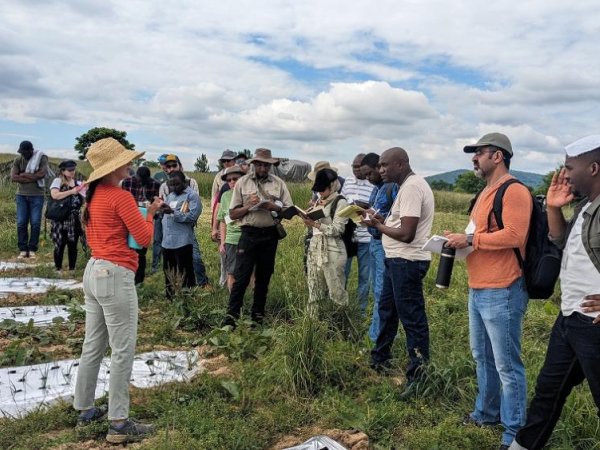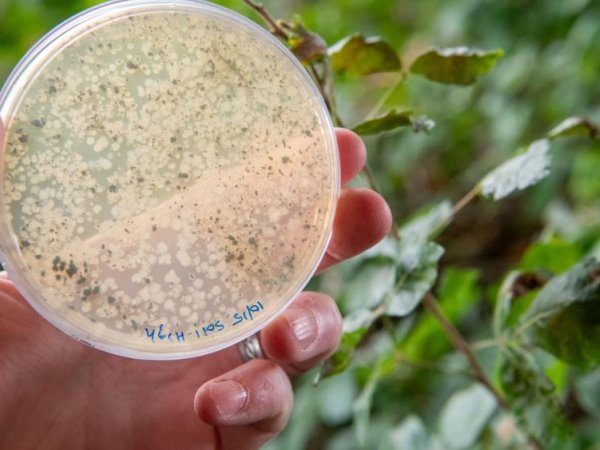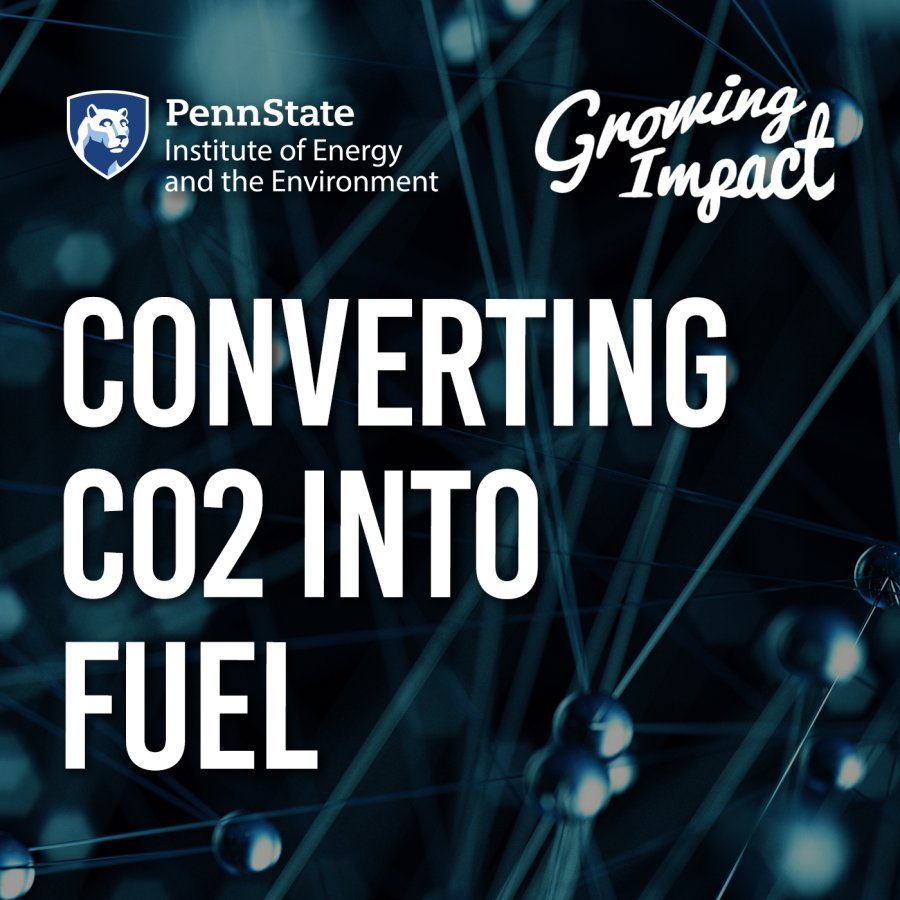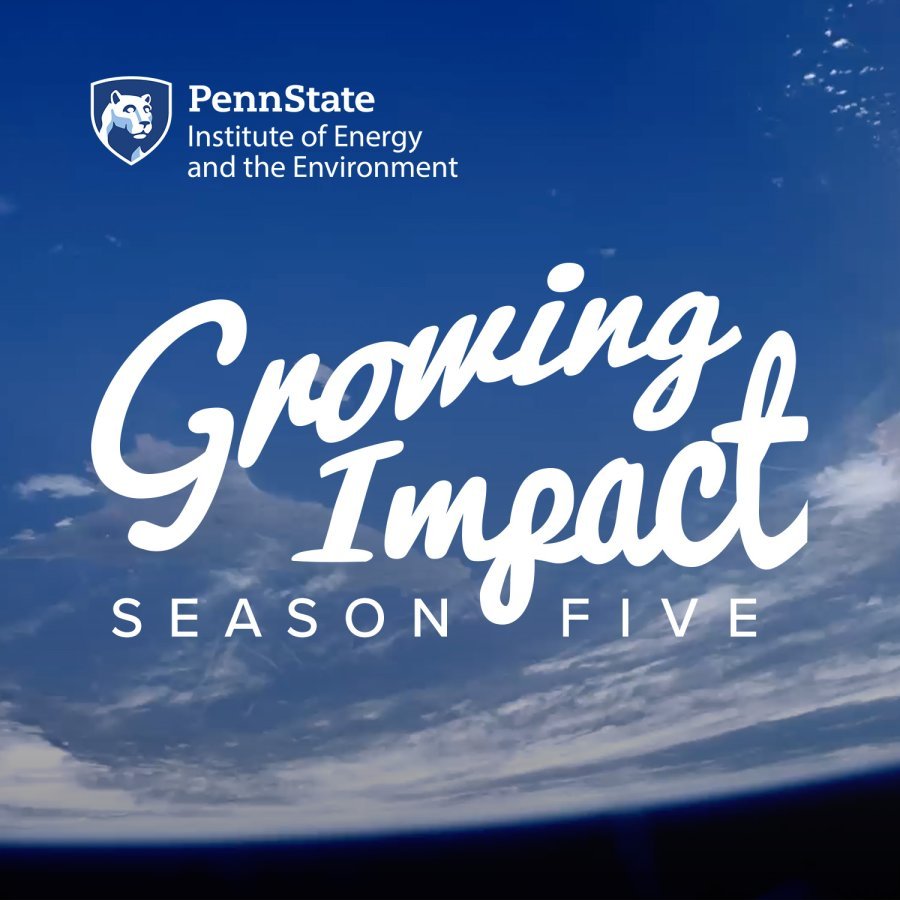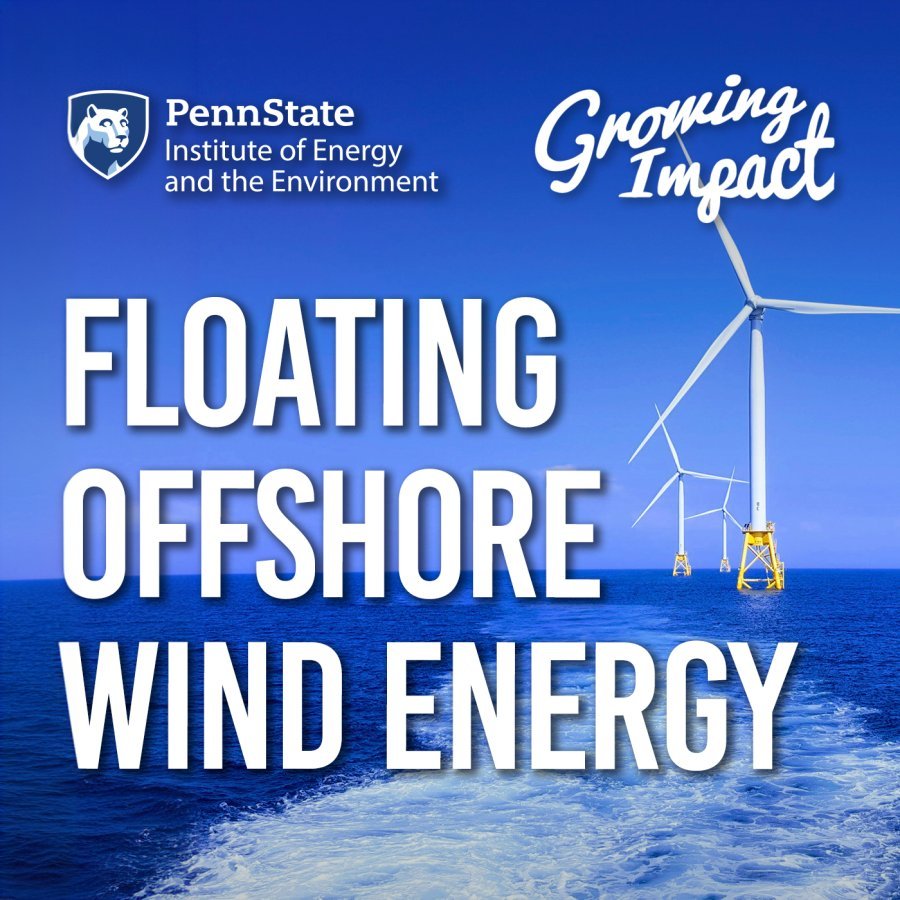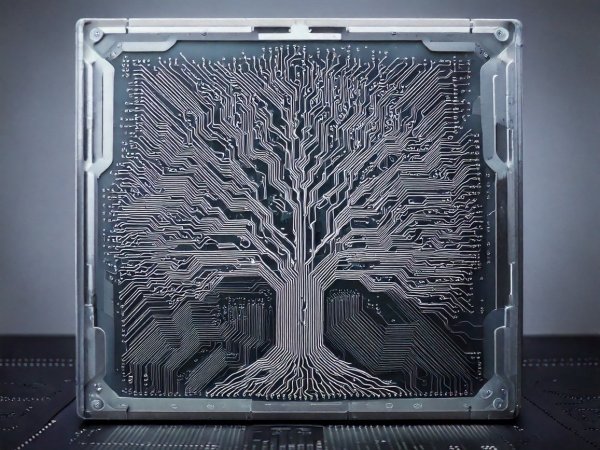Why your electricity bill is so high and what Pennsylvania is doing about it
| Featured News
Aging infrastructure, transmission bottlenecks, and increased demand from data centers are hitting consumers’ wallets. This article was written by two IEE faculty members: Seth Blumsack, professor of energy & mineral engineering, and Hannah Wiseman, professor of law at Penn State Law.


